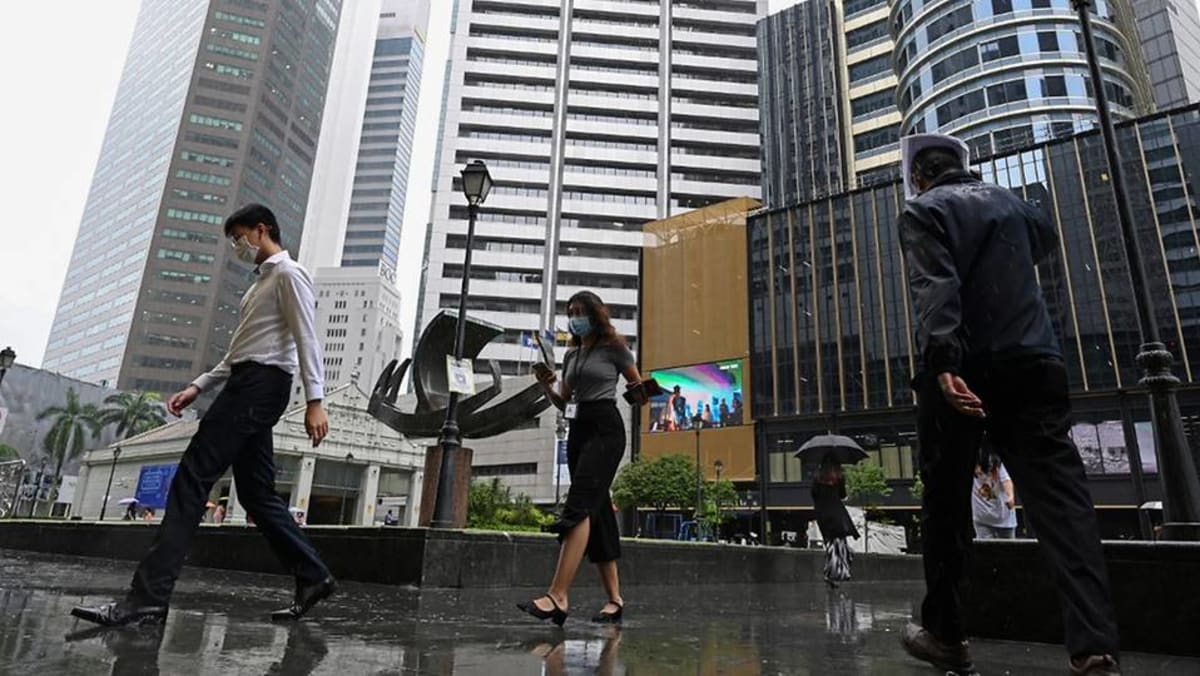Commentary: Did Budget 2022 adequately address restructuring anxieties in Singapore felt by workers and firms?
The Jobs Growth Incentive will also be extended by another six months to September this year, albeit with stepped-down support rates.
In addition, the Temporary Bridging Loan Programme and the enhanced Trade Loan Scheme will similarly be extended by another six months to September this year as well.
Beyond the extension of short-term assistance, there is also more support for SMEs to upskill, innovate and adopt digital and automation initiatives. There are two new programmes – the Singapore Global Enterprises initiative and Singapore Global Executive Programme.
The Singapore Global Enterprises initiative provides bespoke help for large local enterprises with internationalisation for instance, and the Singapore Global Executive Programme is meant to nurture talent. There will also be S$100 million to scale up company training committees to develop firm-level transformation plans.
PAIN POINTS: FOREIGN LABOUR CRUNCH AND CARBON TAXES
However, one possible pain point could be the raised minimum salary for Employment Pass and S Pass holders, coupled with the tightening of the Dependency Ratio Ceiling for the construction and process sectors, which is targeted at nudging local firms to double up on efforts to be manpower lean and harness technology to reduce reliance on human labour wherever possible.
In the short term, these factors could exacerbate the manpower crunch keenly felt by construction firms and this will continue to cause more delays to some project timelines.
The other likely pain point could be the very ambitious ramp-up in carbon taxes from the current S$5 per tonne of emissions to S$50 to S$80 per tonne by 2030, which will help Singapore achieve the much talked about net-zero emissions goal around mid-century.
This move may come as a shock to companies. High carbon emitters would definitely start to feel the pinch from the revamped carbon tax in the near future. That said, it is still definitely a move in the right direction from a sustainability perspective.
Moreover, the additional revenue collected from the carbon tax is already earmarked to be used to support Singapore’s decarbonisation efforts and allow us to better transit to a greener economy. This will also allow us to seek out more opportunities to position Singapore as a regional and global role model for other countries.
On top of that, the government also plans to issue S$35 billion of green bonds by 2030 to fund public infrastructure projects, which is nearly double the initial target of S$19 billion by 2025 announced at Budget 2021.
For all the latest business News Click Here

